Blog
Why we can’t let the North Atlantic right whale go extinct
Read more2020 threw new challenges at us that were unlike any other. It seemed like overnight, everything changed – including the way we rescue and protect animals. Travel bans made it more difficult to rescue animals and transport them to rehabilitation facilities. Social distancing meant our animal caretakers had to increase personal protective gear and rotate shifts to accommodate different schedules. Across Southern and East Africa, financial hardship from lack of tourism led to more poaching events. And all eyes were on the topic of wildlife trade as the world learned the dangerous consequences of wild animal markets.
Despite these unprecedented obstacles, IFAW’s work never stopped. Our teams around the world adapted to this new way of working to best help animals and support our local communities as they overcame COVID-19 hardships. Through it all, came incredible stories of triumph and perseverance. Here are our top 13 success stories from 2020.
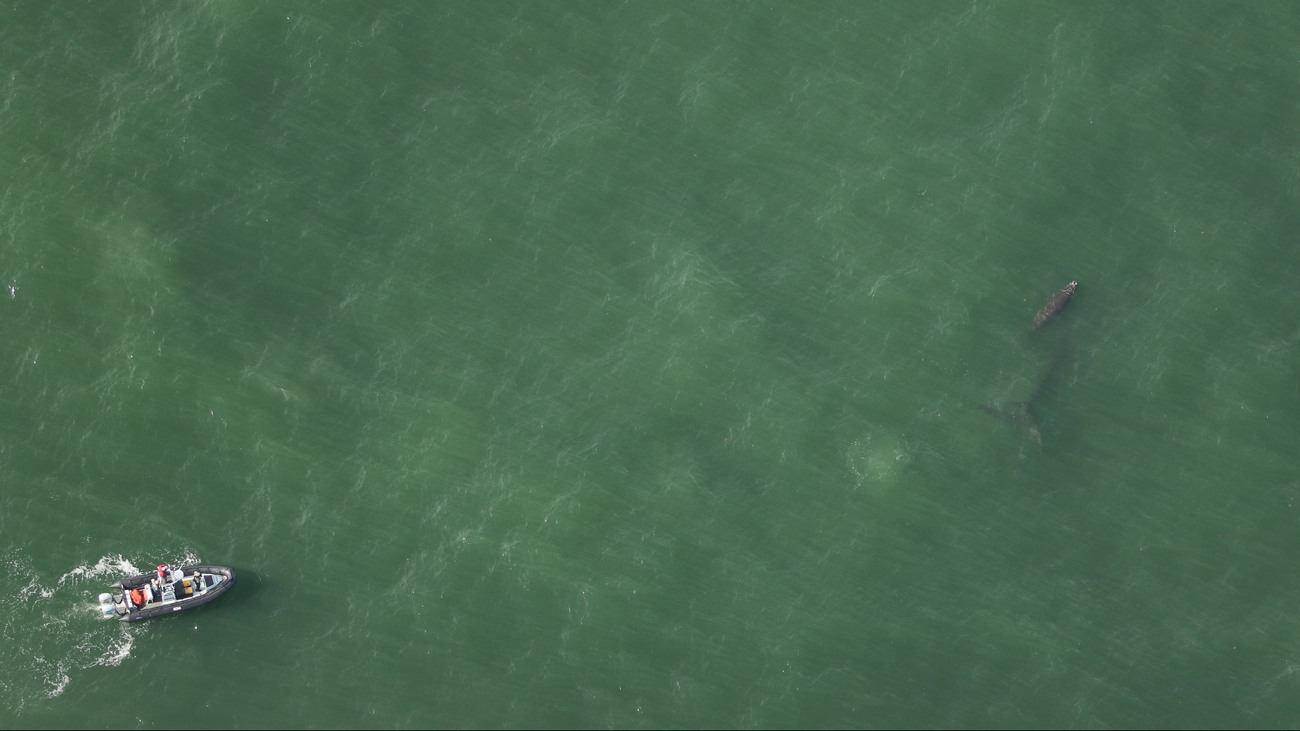
The North Atlantic right whale is on the brink of extinction. With only about 350 individuals left in the world, each individual matters for the species’ survival. Every December marks the beginning of the right whale calving season, a much-anticipated time when scientists monitor the waters for calf sightings. On January 8th, 2020, the fourth right whale calf of the season was spotted off the coast of Georgia – but this wasn’t time for celebration. Only a few days old, the calf already had serious injuries likely caused by a propeller strike from a vessel. The US National Oceanic and Atmospheric Administration (NOAA) convened a team of experts including IFAW’s Kathryn Rose to perform an emergency intervention to help save this calf’s life. They planned to remotely administer medication to the calf through a custom-made, remote drug-delivery device. On January 15th, 2020, the team hit the water and performed the first of its kind operation on a right whale calf. Although we are unsure of the calf’s future, this operation was monumental as it was the first time medical treatment was provided to a free-swimming right whale calf at sea.
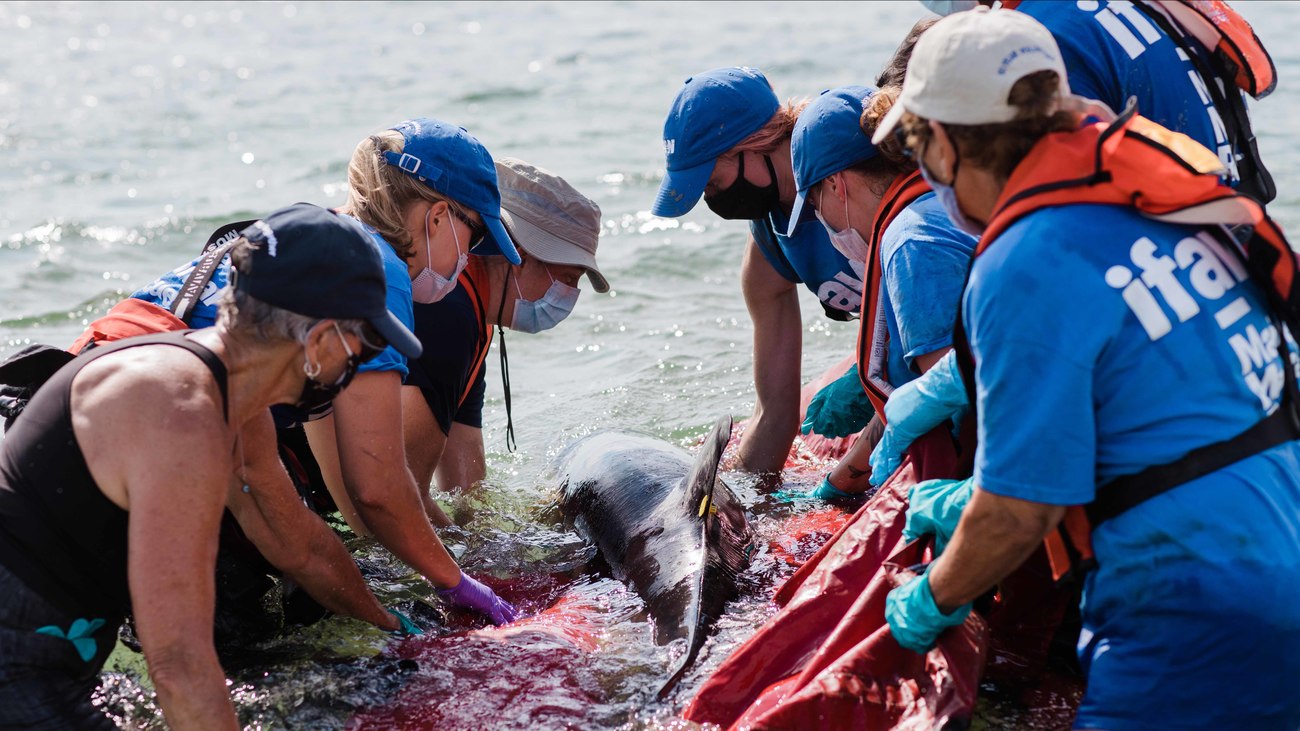
On August 9th, 2020, IFAW’s Marine Mammal Rescue & Research team received a heart-racing call from the town of Wellfleet’s Harbormaster with news of a mass dolphin stranding. When the team arrived at the beach, they discovered 45 common dolphins stranded across the mud flats – one of the largest mass stranding events on Cape Cod in the last 20 years. Exhausted from heat and sun exposure, the dolphins struggled to keep their blowholes above the water. Rushing against the incoming tide, the team fought their way through the mud to transport as many dolphins as possible to the veterinary trailer for urgent treatment. As the remaining dolphins freed themselves from the mud and re-floated as the water rose, team members on Harbormaster vessels worked to herd them to deeper water and out of the harbor. After conducting health examinations and providing essential care to the nine collected dolphins, the team transported them to a beach with access to deep water, giving them a better chance to find their way to the open ocean. Despite the challenge of extreme heat, mud, and working in additional COVID-19 protective gear, the team persevered to achieve one of IFAW’s most difficult rescue operations of the year.
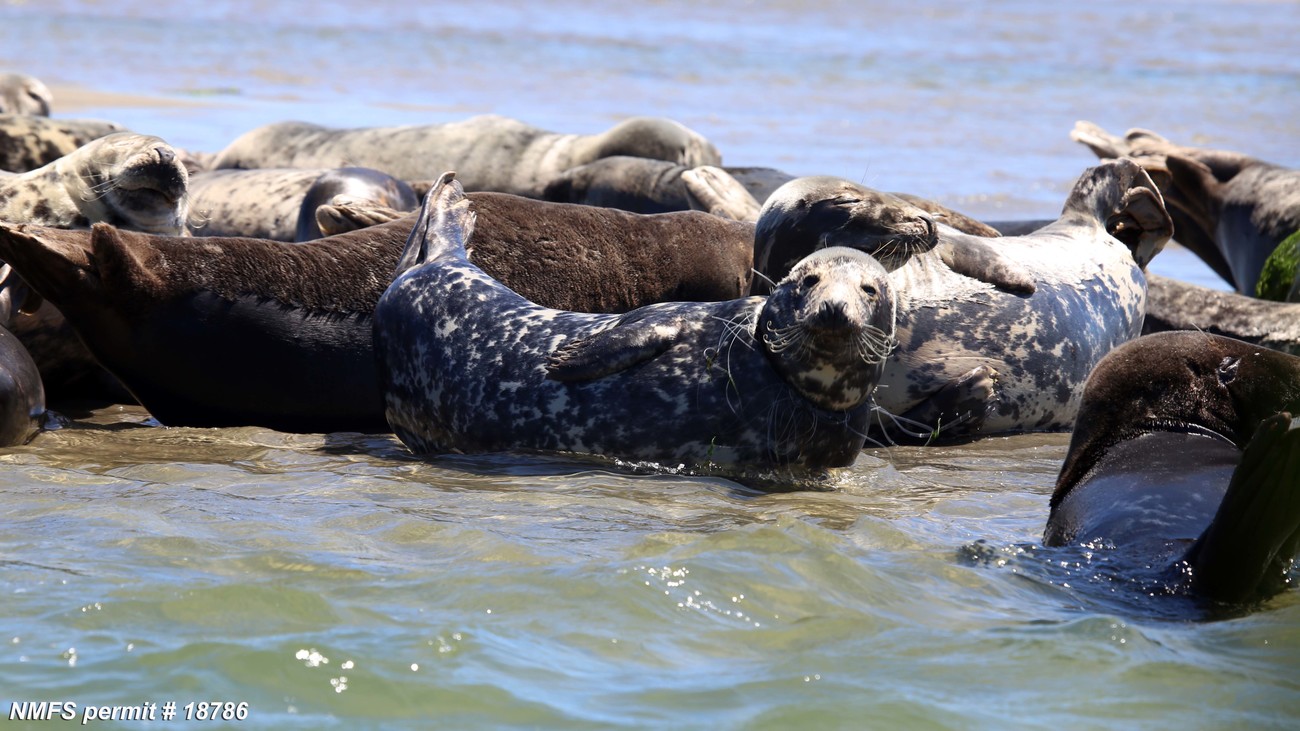
In 2016, our Marine Mammal Rescue & Research team performed the first remote sedation on the East Coast to rescue Sausalito, a seal who was severely entangled in fishing net. The operation was no easy task. One wrong move could scare Sausalito away. After much preparation, IFAW’s Marine Mammal Rescue & Research team successfully darted, captured, disentangled, treated and released the seal - a major feat in itself. Four years later, and the operation’s success continues to shine. In September 2020, one of IFAW’s marine mammal rescue volunteers spotted Sausalito swimming off Cape Cod. Her long-lasting health is a true testament to the enduring impact of IFAW’s work.
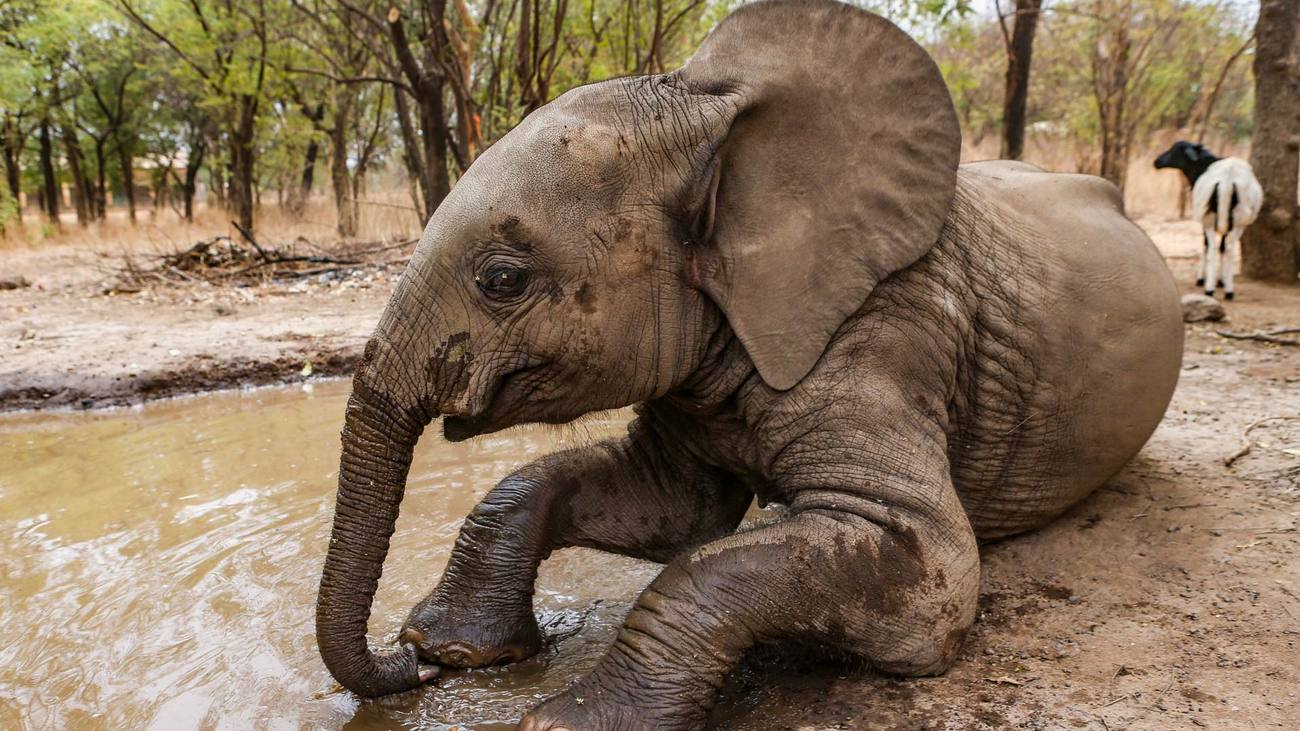
This year was monumental for our search to locate Nania’s native herd. The elephant calf first came under our care in fall/autumn 2017 after a local community in Burkina Faso found her wandering alone and called upon IFAW for help. Since then, our team has embarked on a specialized rehabilitation journey with Nania as we prepare her for life in the wild. Our team would love to reunite Nania with her native herd and we’re relying on dung to help us do that. In Winter 2019, IFAW’s Celine Sissler-Bienvenu and the team began collecting dung samples from wild elephants travelling through the protected area where Nania lives with her caretakers. The team’s work continued throughout 2020, pushing us one step closer to finding a DNA match that could help us confirm Nania’s family presence!
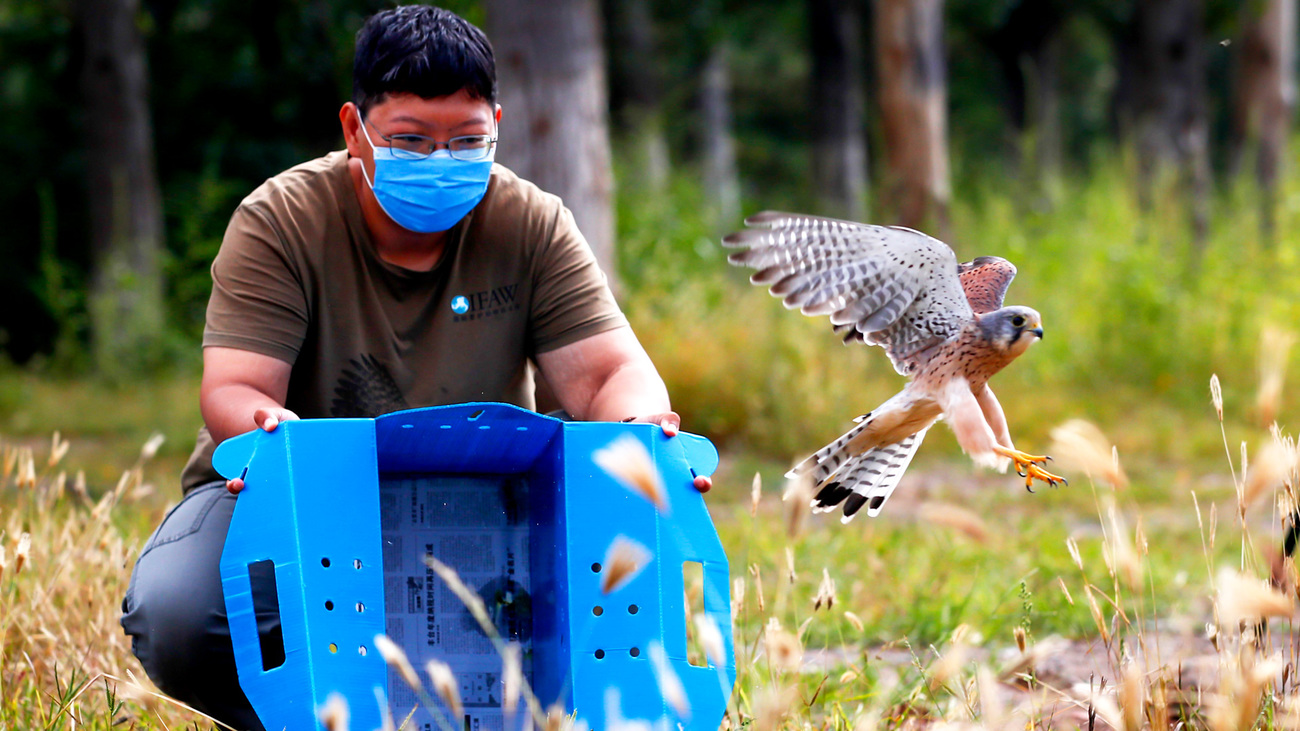
When COVID-19 hit, the Beijing Raptor Rescue Center had 28 raptors receiving specialized care for injuries. Within a matter of days, our protocols changed completely as the team quickly adjusted to new shutdown orders and precautions. To minimize the risk of infection and practice social distancing, IFAW’s staff of four divided into two different teams, each working 7-day on and 7-day off shifts to ensure they didn’t cross paths. One of our greatest worries was food supply, as vendors that typically worked with us closed. Unsure of what the future held, our team rushed to the market to buy as much raptor food as we could freeze. As the weeks progressed, the BRRC team adjusted to the new normal and successfully overcame any challenges in their way.
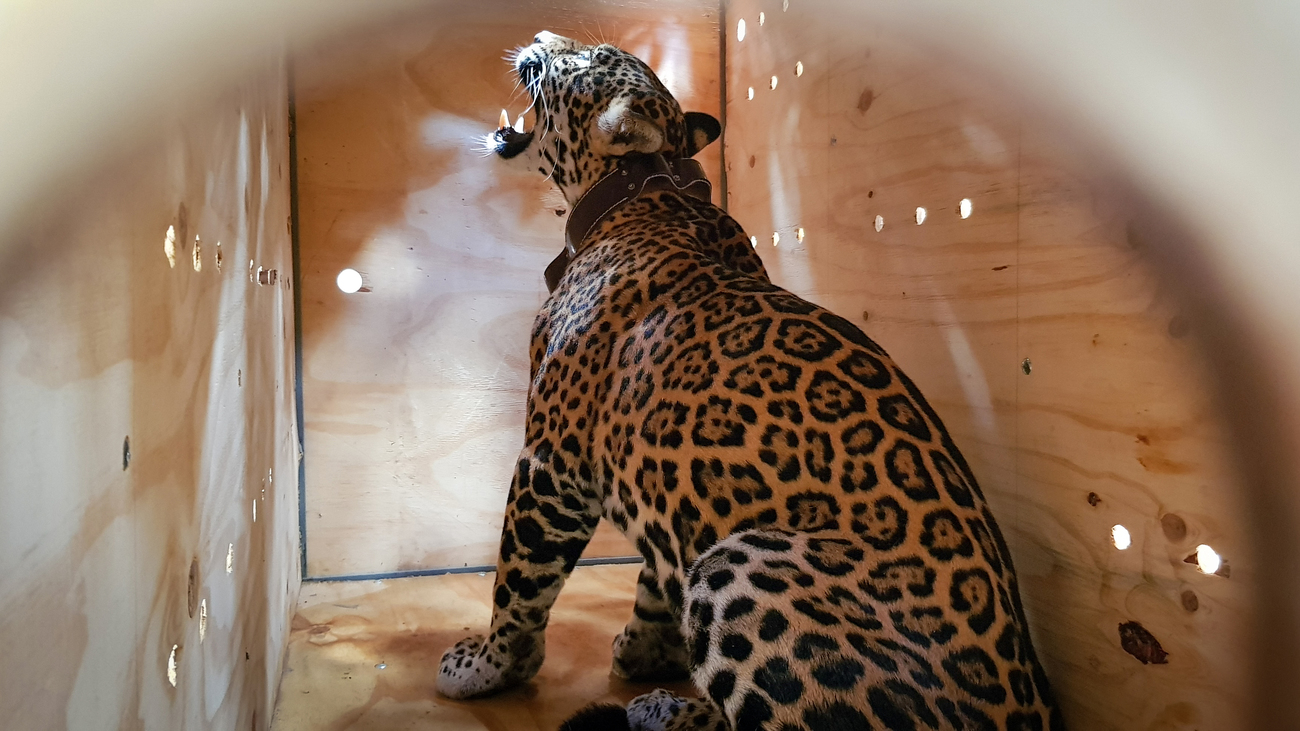
In 2020, IFAW was part of the first successful rescue, release, and rehabilitation of a jaguar in the region of Quintana Roo, Mexico. The story began in spring 2020 when a car struck a young jaguar trying to cross the highway. Authorities transported the jaguar to the Payo Obispo Zoo, where he embarked on a specialized rehabilitation plan with help from IFAW’s Dr. Erika Flores and Joaquin de la Torre Ponce. The team named the jaguar Covi and monitored his behavior for three months before deeming him fully recovered and ready to return to the wild. The day of his release was an incredible moment for everyone involved in Covi’s rescue and rehabilitation.
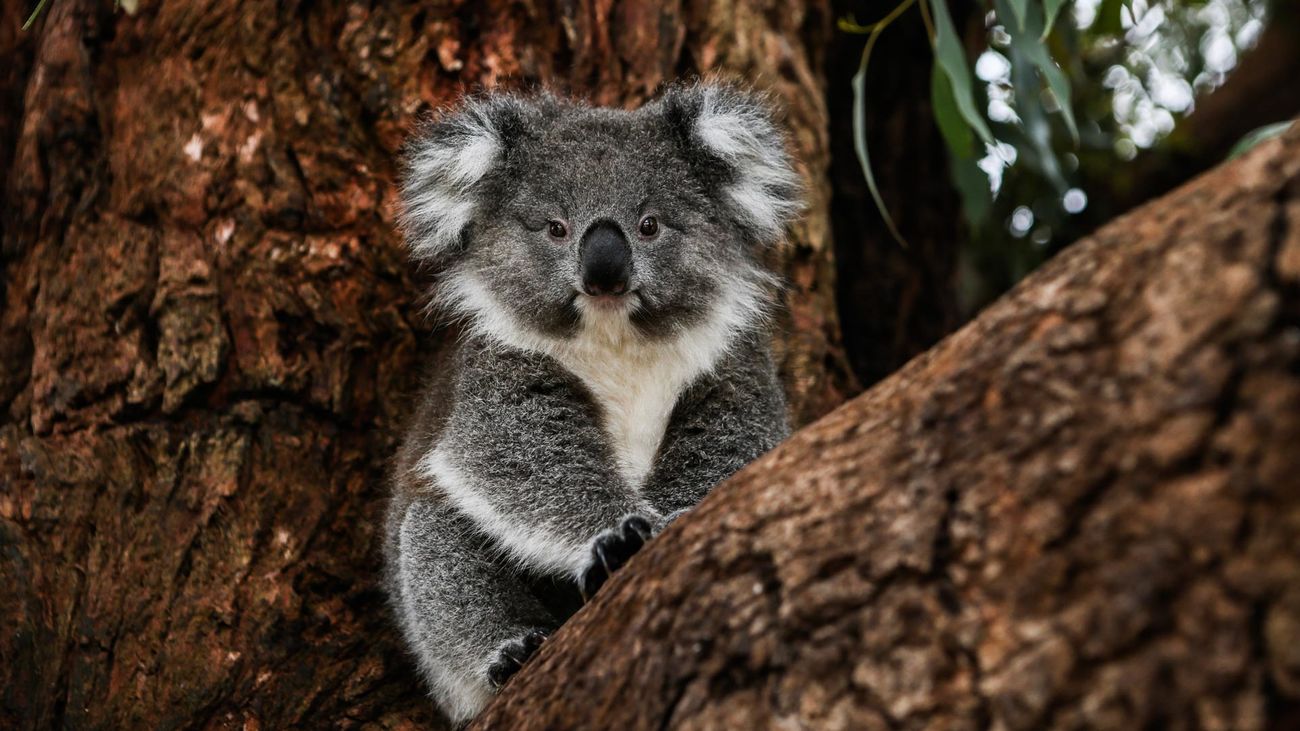
In March, 2020, IFAW commissioned a report highlighting the devasting impact of climate change and bushfires on koalas across New South Wales. The results were staggering – at least 6,382 koalas perished and 5.3 million hectares burned in New South Wales. When looking at the last three generations of koalas, we learned that up to two-thirds of the koala population has been lost to drought, bushfires, or man-made causes. Following the release of the report, we joined Friends of the Koala, Port Macquarie Koala Hospital and Humane Society International to officially nominate the koala to be listed as Endangered on an emergency basis in New South Wales. This followed a federal nomination for koalas to be uplisted in Queensland, New South Wales, and the Australian Capital Territory). Uplisting koalas from Vulnerable to Endangered would increase protection for this flagship species and its habitat, giving politicians greater powers to prevent logging and other land-encroachment activities that could further devastate koala populations. The government is currently reviewing the nomination and we hope to see it accepted by fall/autumn 2021.
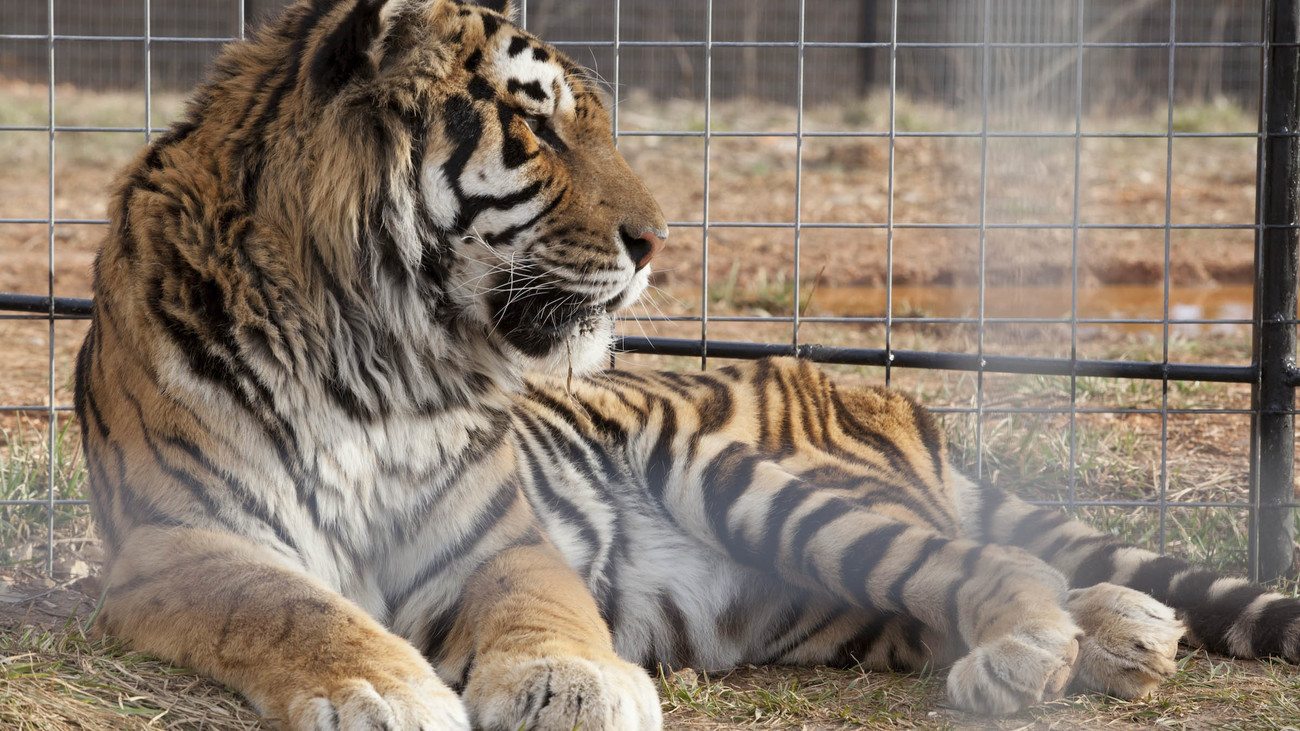
The United States has a big cat problem: All across the country, untold numbers of tigers, lions, and other big cats are kept in makeshift cages and backyard menageries. IFAW works with partners across the U.S. to rescue big cats from these horrible situations and place them in qualified sanctuaries where they receive the care they need. Our team has a long history of working in Washington, DC to spread awareness about the dangers of keeping big cats as “pets” and exploiting them as photo props, and this year, we’re celebrating a win. On December 3, the U.S. House of Representatives passed the Big Cat Public Safety Act – a bill that would ban the private ownership of big cats in the U.S. This is a huge step forward in our campaign to protection of tigers, lions, and other big cats who are suffering across the country, and it renews our momentum to keep fighting. The next step: passing the bill through both chambers during the 117th Congress and ensuring that it is signed into law.
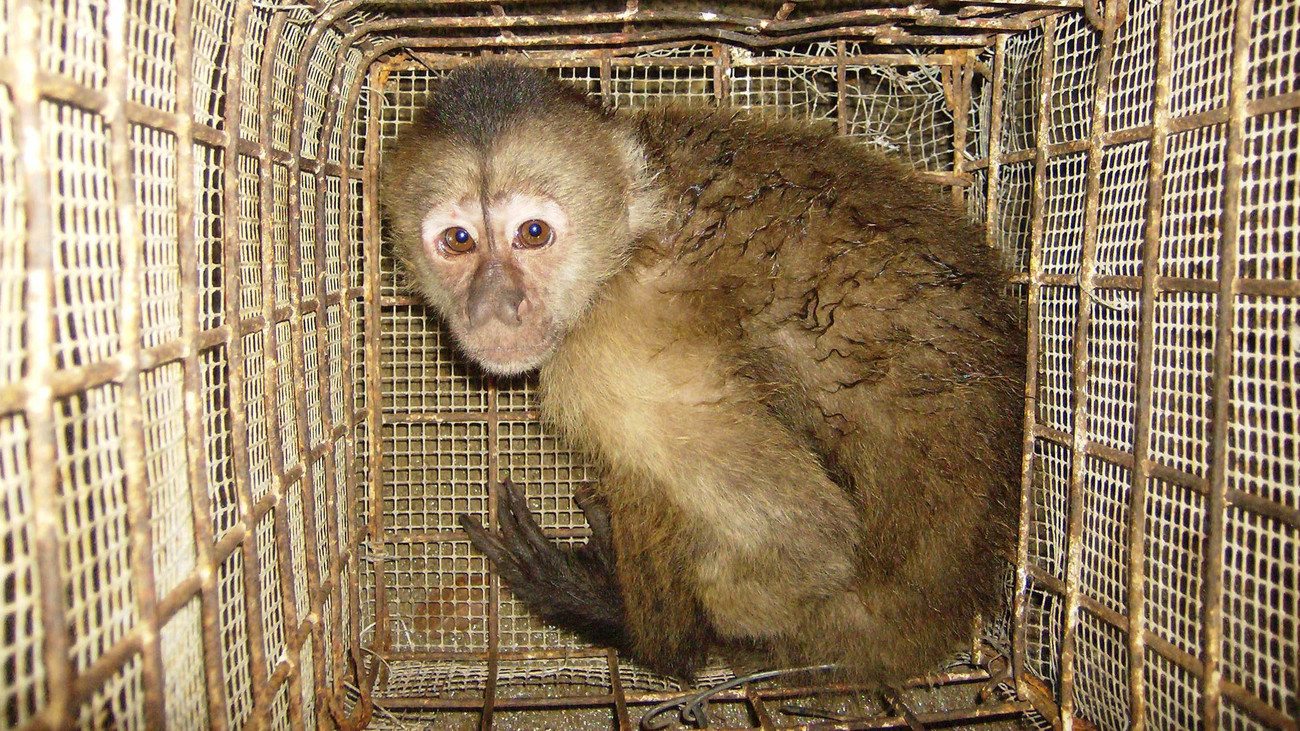
The deadly COVID-19 virus, which originated in a live wildlife market where animals were sold for human consumption, demonstrated to the world that mistreating wildlife can have devastating impacts on not only our environment, but also our health and economy. In March, IFAW began working with champions in the US Congress, providing data and expertise to help shape legislation aimed at preventing zoonotic disease spread. In October, we were delighted to announce the introduction of the Preventing Future Pandemics Act in both the Senate and House of Representatives. This bipartisan bill would ban the import, export, and sale of live wild animals for consumption as food or medicine in the U.S. as well as support for global programs to safeguard biodiversity and food security. The bill has already been reintroduced in the 117th Congress in the House, with Senate reintroduction soon to follow. Our team in Washington, DC will continue to promote this important legislation to protect animals, humans, and our planet.
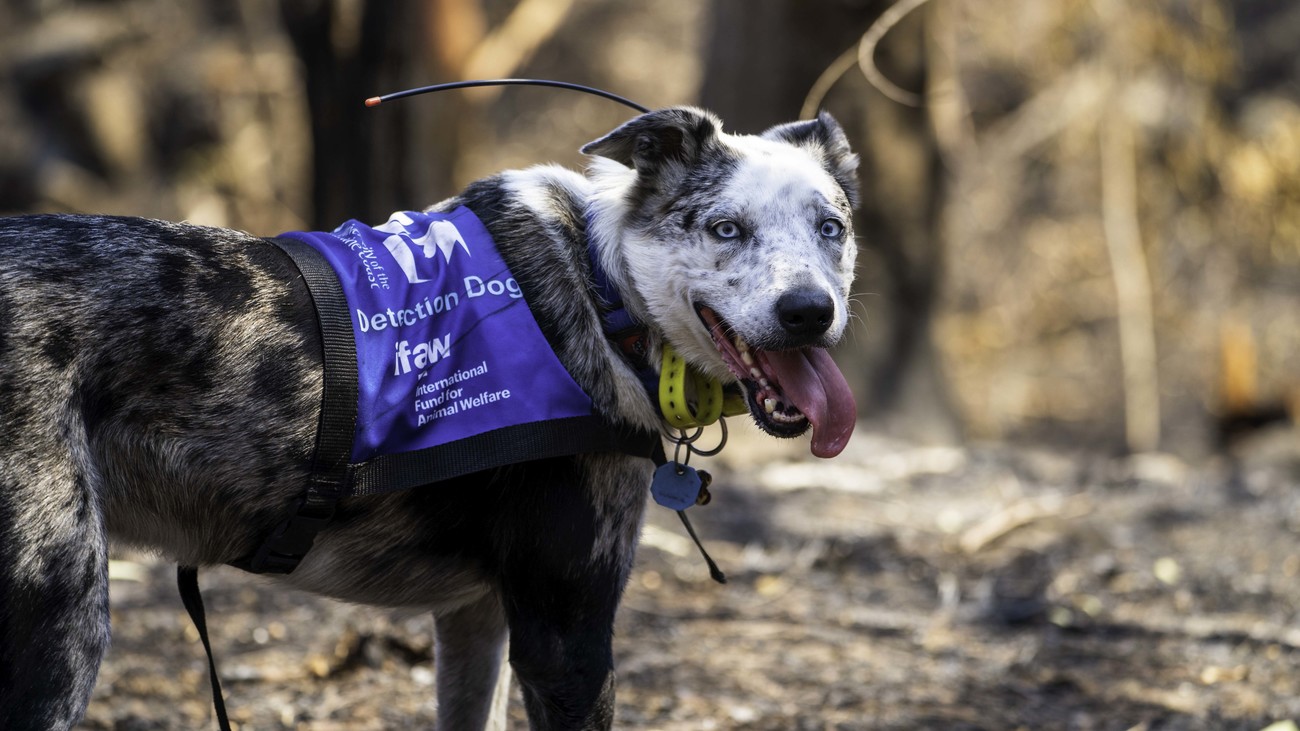
In January 2020, the bushfires in Australia escalated to tragic proportions. In New South Wales alone, an estimated 480 million animals lost their lives. Our Disaster Response team deployed to the hardest hit areas of New South Wales, Australian Capital Territory and Victoria to help our partners rescue and rehabilitate injured wildlife. We provided hands-on support to individuals caring for rescued koalas, wallabies, flying foxes, birds, and kangaroos. Through emergency grants, we supplied partners with much-needed items like enclosures, water stations, and fire gear. USC x IFAW’s koala detection dog, Bear, became a global sensation as he helped us locate and rescue koalas injured by the bushfires.
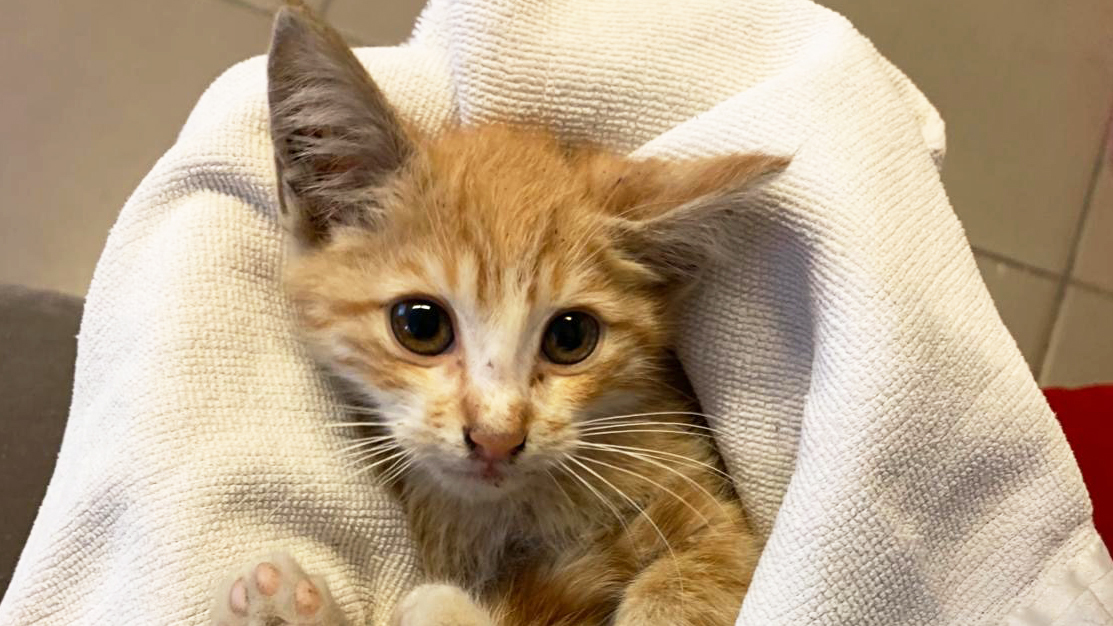
On August 4th, the city of Beirut in Lebanon experienced a devastating 6-mile-wide explosion that left the city in rubbles. As humanitarian agencies jumped into action to support people, our partner Animals Lebanon quickly organized to rescue animals. Within two hours after the blast, the team was on the ground searching through destroyed homes, buildings, and business. At night, the work continued as they combed the streets for wandering survivors. With support from IFAW, Animals of Lebanon was able to provide vital veterinary care to rescued animals and set up a dispatch system where they received over 430 requests for help.
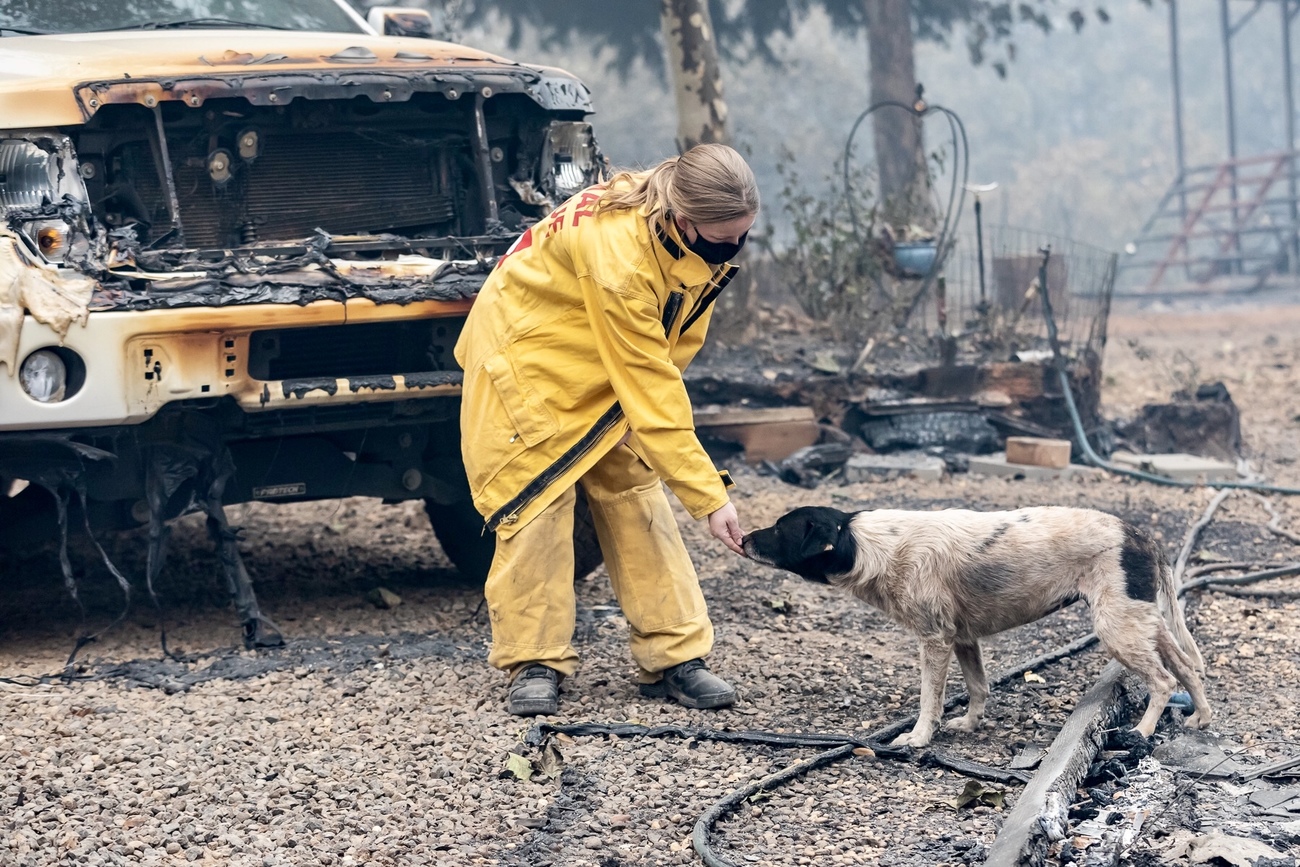
In mid-August, lightning sparked a group of wildfires in Plumas and Butte County, California. As firefighters fought to contain the wildfires, extreme wind caused two of the fires to combine and expand with dangerous intensity. When several wildfires combined as a mega-fire on September 8, IFAW’s Disaster Response team answered the call from Butte County and were on the ground within 24 hours to help our local partners rescue animals from the wildfire. As Animal Search and Rescue teams brought animals to safety, many needed a place to stay while receiving treatment and waiting to be reunited with their families. To meet this demand, our team set up an additional animal shelter and set out to assist with search and rescue operations. IFAW and our local partners rescued animals like Panda, aka Wonder, an older dog who was injured and traumatized by the disaster.
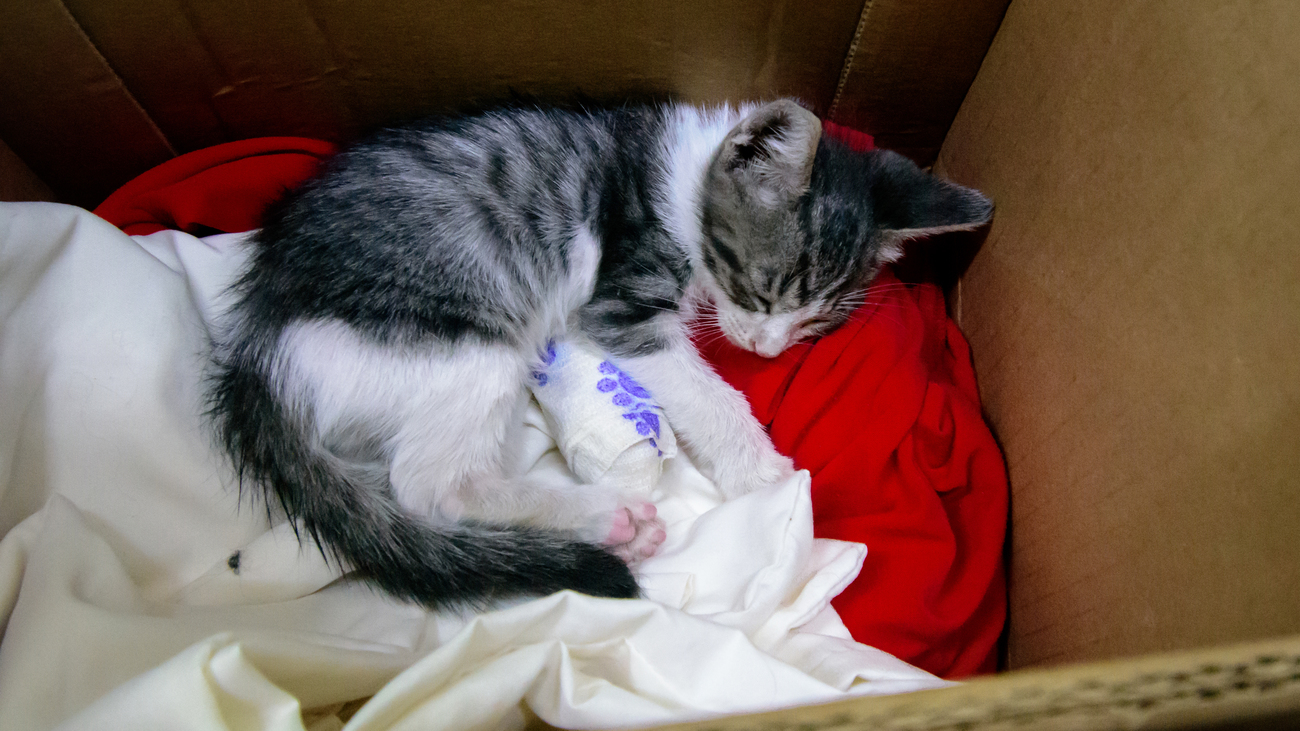
On October 6th, local communities living in Mexico’s Yucatan Peninsula received news that they were in the path of an emerging hurricane. Upon hearing this news our local partner Refugio Holbox activated their evacuation plan created earlier this year with IFAW’s Dr. Erika Flores. Planning and early action by Refugio Holbox saved the lives of entire families including beloved pets ahead of the hurricane’s arrival. It was a rush against the clock, as IFAW and Refugio Holbox teams had limited time before the storm arrived. During the early morning of October 7th, Hurricane Delta struck the Yucatan Peninsula as a Category 2 hurricane. The storm ripped down trees, flooded homes, and left communities without power. Dr. Erika Flores and the team set up a hotline for residents in need and began search and rescue efforts. Over the course of a week, the team rescued a variety of animals that included kittens, dogs, raccoons, and a sea turtle hatchling found inside a street puddle. Flying debris and massive flooding resulted in life-threatening injuries as animals tried to flee. Our team worked hand-in-hand with our partner Coco’s Animal Welfare to provide emergency treatment and surgeries.
Our work can’t get done without you. Please give what you can to help animals thrive.
Unfortunately, the browser you use is outdated and does not allow you to display the site correctly. Please install any of the modern browsers, for example:
Google Chrome Firefox Safari